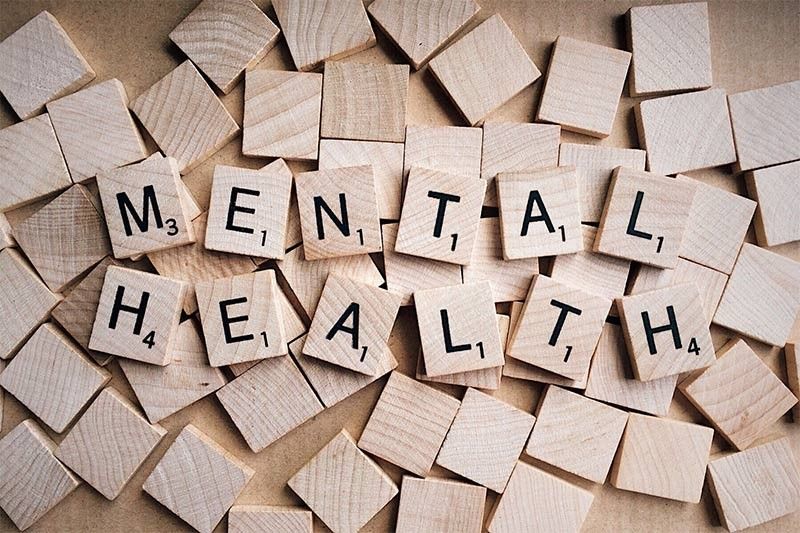Flattening the mental health curve: Doctor shares mental wellness tips amid COVID-19 pandemic

MANILA, Philippines — Mental health is a conversation that didn’t end when the novel coronavirus disease 2019 (COVID-19) pandemic overtook the world.
As part of Pfizer division Upjohn's Think Mental Health campaign, the “Adapting to the new normal: A dialogue on mental health, resilience, and hope” virtual conference was held Tuesday to discuss the mental wellness of Filipinos.
Psychiatrist Dr. Robert Buenaventura, during the event, shared some timely mental health care advice for individuals struggling to cope and adjust to the new normal.
“Maintaining good mental health has always been important, but it has become even more important today,” Buenaventura said.
“People with pre-existing depression, anxiety, and other mental disorders are at risk of experiencing higher anxiety levels during the COVID-19 outbreak. They may require more support or access to mental health treatment during this period, and this has become a strong concern for mental health experts.”
Locally, the National Center for Mental Health experienced a surge in daily calls since the quarantine period started, seeing 30 to 35 calls on average per day from March to May this year, compared to only 13 to 15 daily calls from May 2019 to February 2020.
While flattening the mental health curve in the country requires a systemic approach, according to Buenaventura, there are actions individuals can take to build resilience and adapt to the new normal.
To start, the psychiatrist advised being self-aware, remaining positive, analyzing and focusing on the situation at hand, setting and moving toward goals, planning and being decisive, remaining hopeful, keeping things in perspective, seeking help, working together and learning from the experience.
Buenaventura then provided the following mental wellness tips:
- Practice self-care: eat right, hydrate, sleep well, exercise, proper hygiene; take your medicines
- Focus on timely and accurate information from reliable and credible sources
- Limit mass media and social media exposure
- Educate oneself; follow recommendations
- Reach out and connect with family and friends
- Engage in enjoyable activities, hobbies, crafts
- Think positive. Be positive. Act on things one can control.
- Make decisions. Plan. Draw up a schedule. Develop a routine but be spontaneous as well.
- Be productive. Help. Volunteer. Donate. Share.
- Increase self-awareness: monitor one’s thoughts, actions and feelings. Have a quiet time. Pause and listen.
- Look for one or a few trustworthy individuals who can listen, advise, guide and help.
- Lastly, a special group of tips: pray, be kind, laugh and find meaning.





















